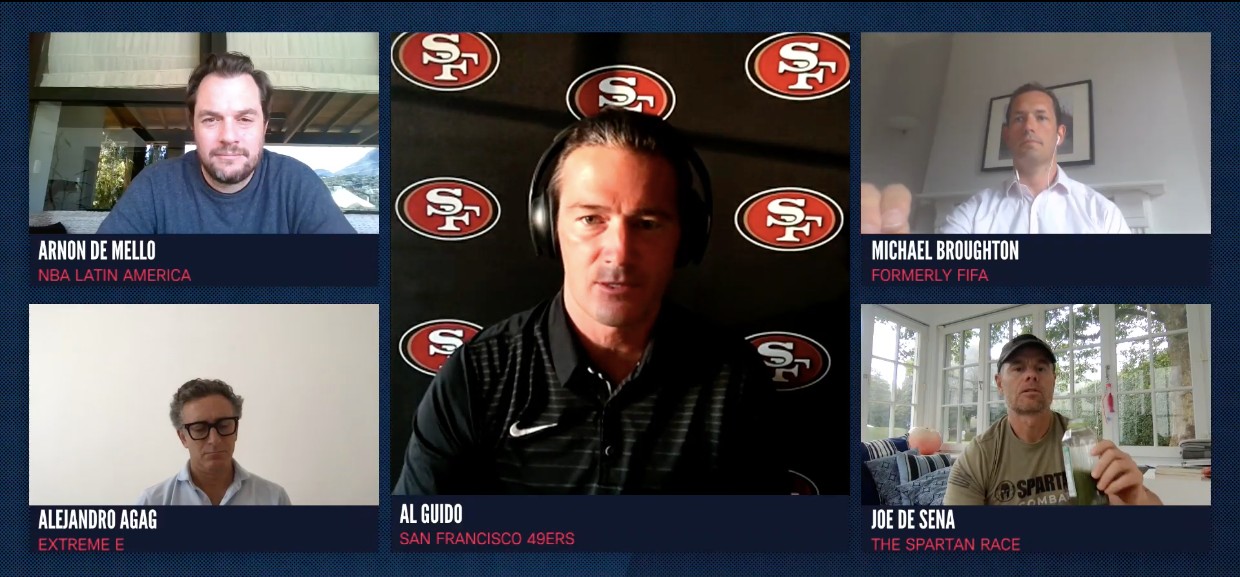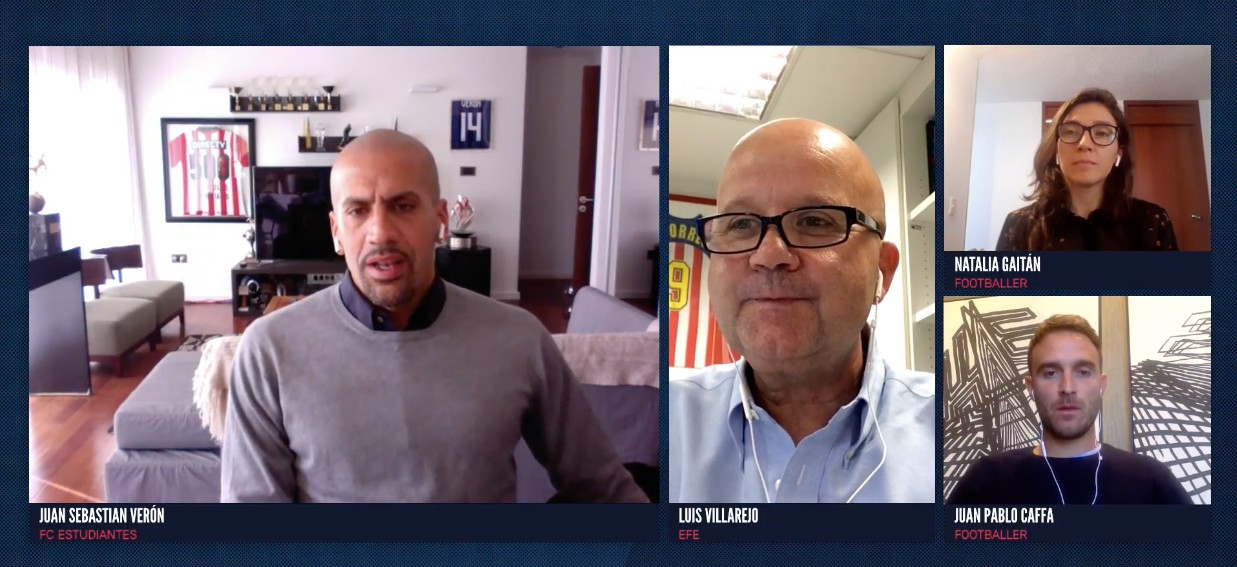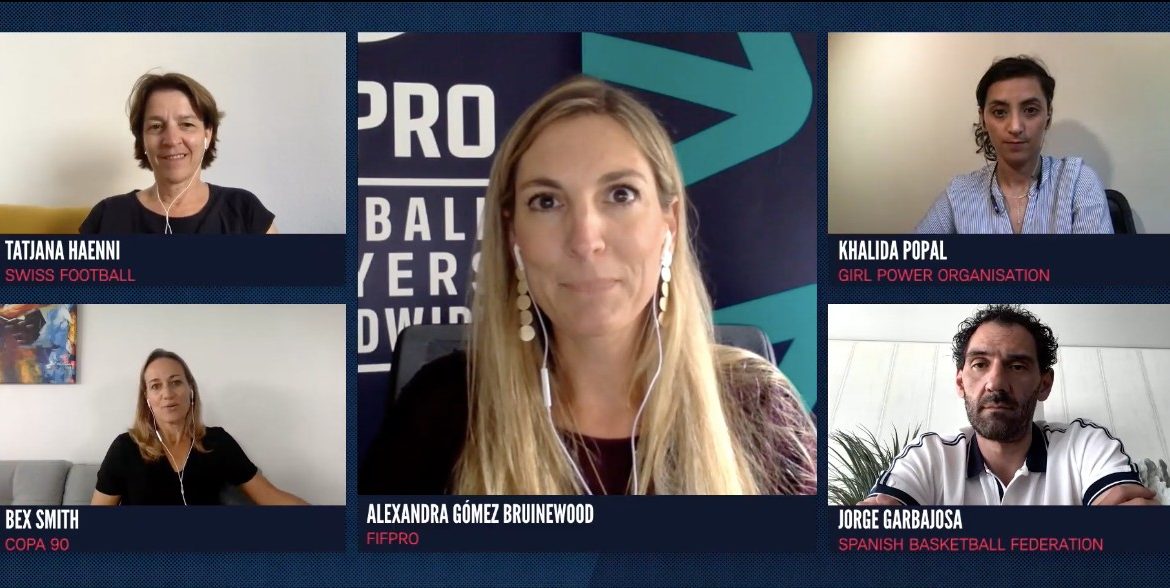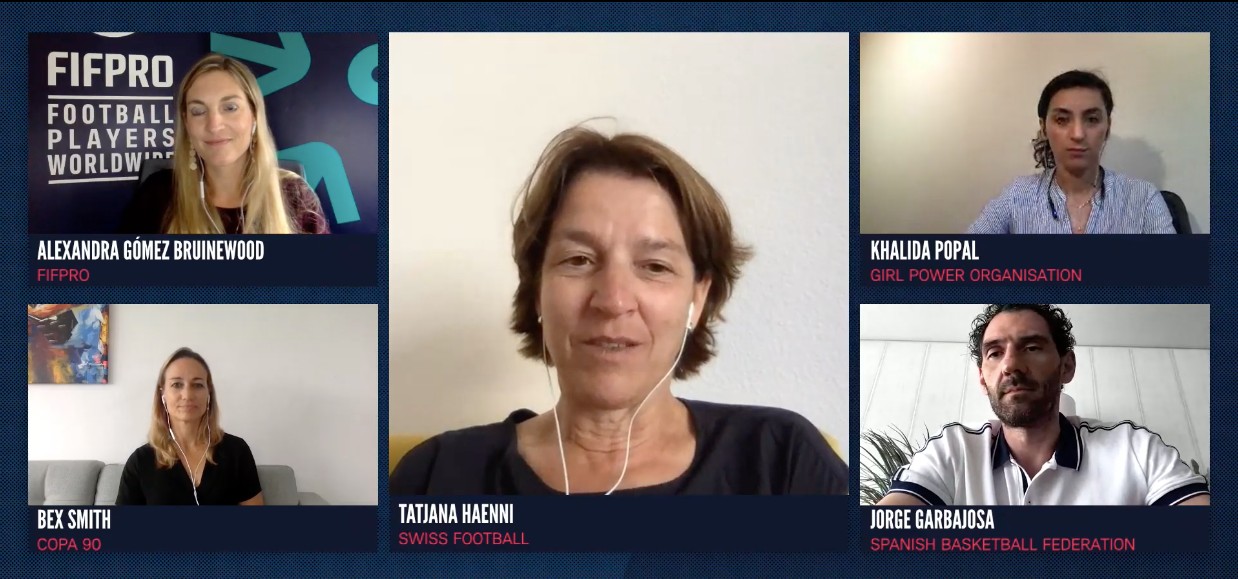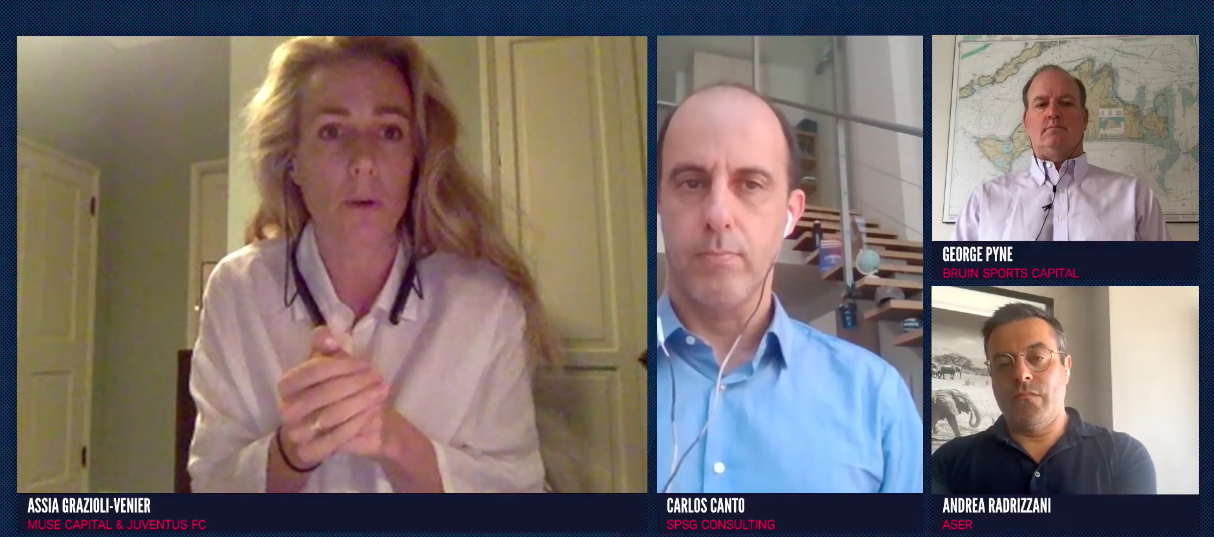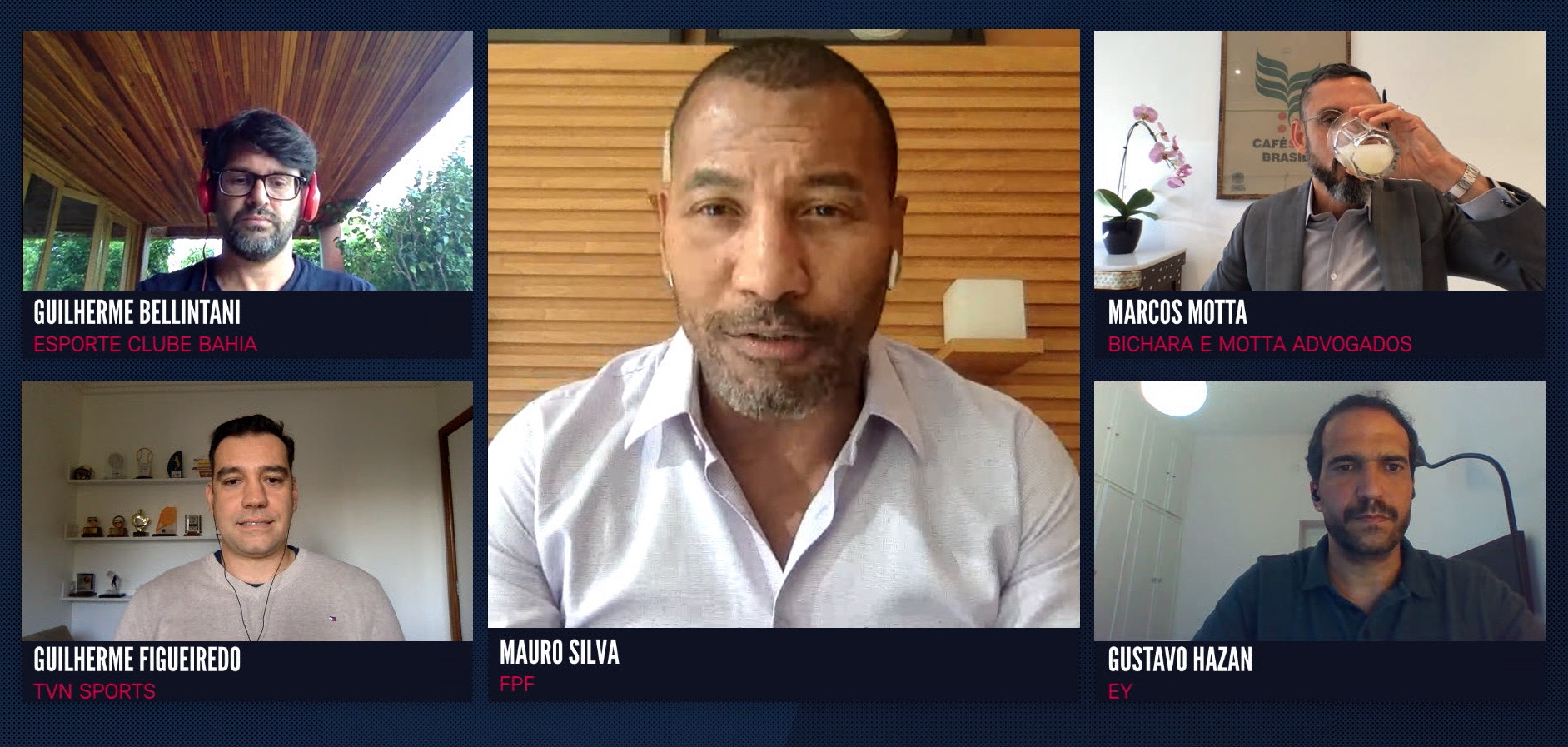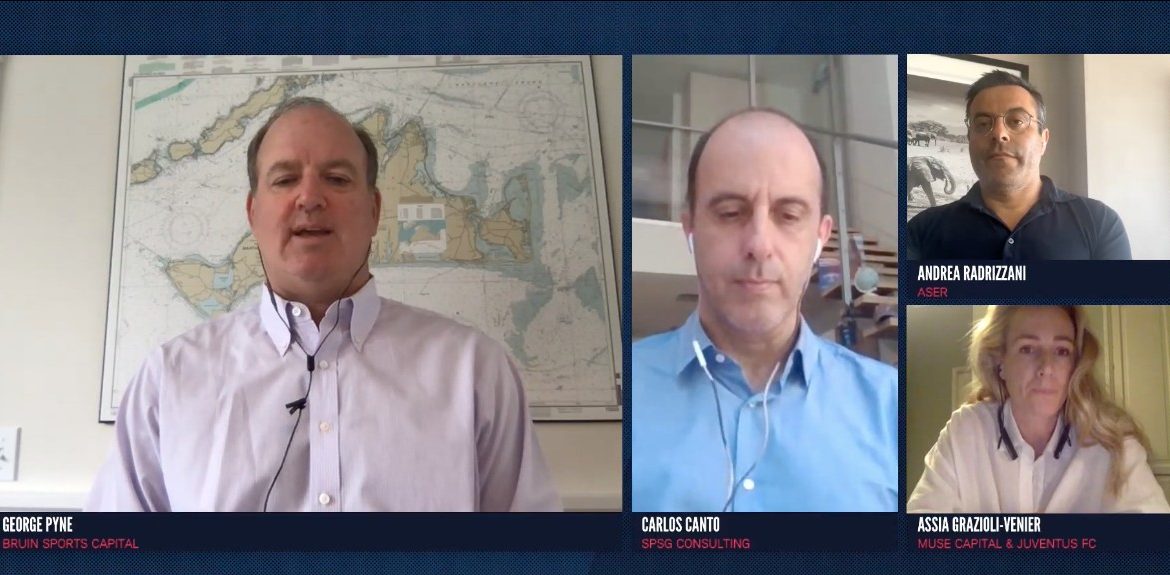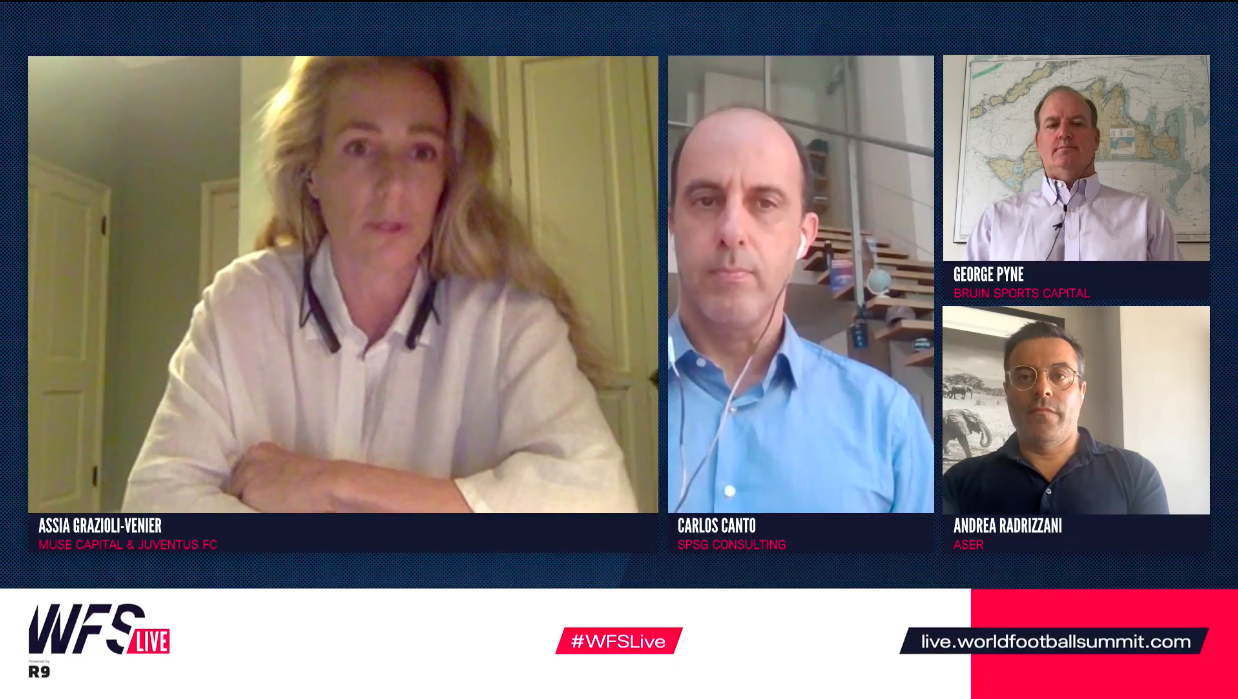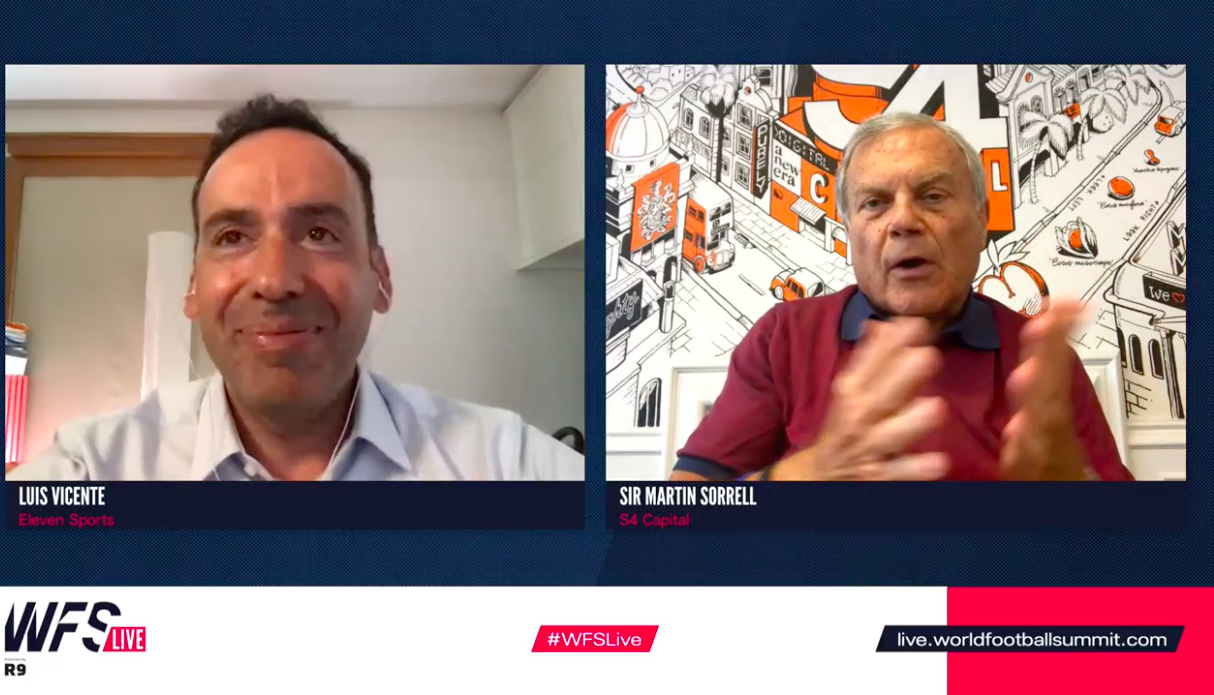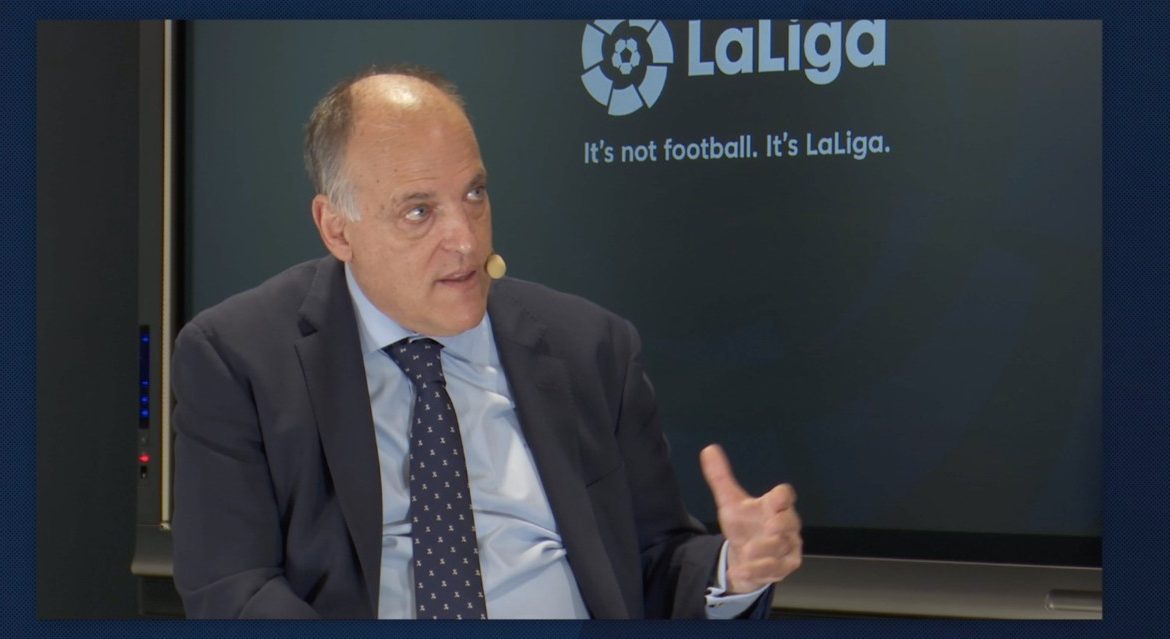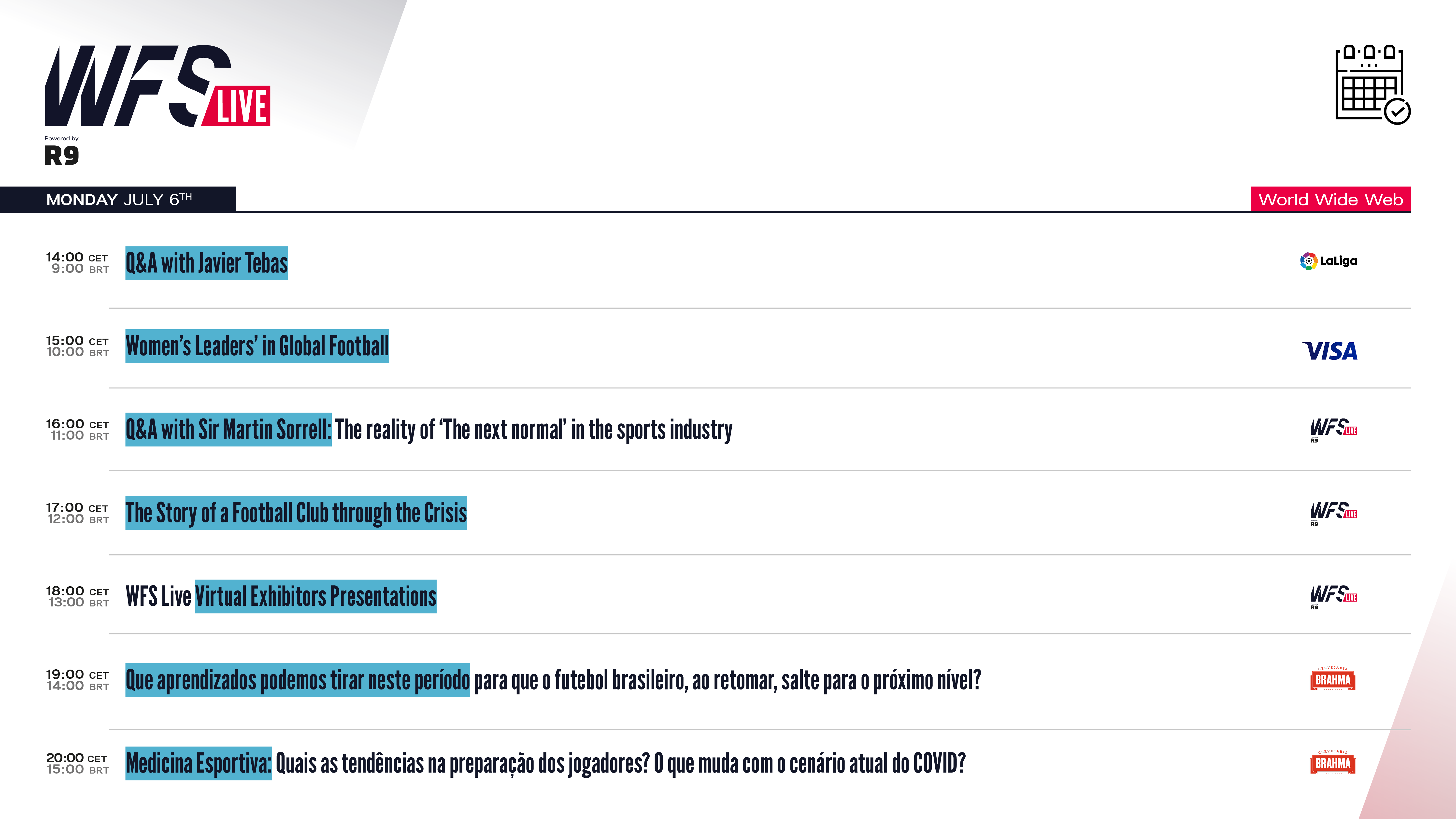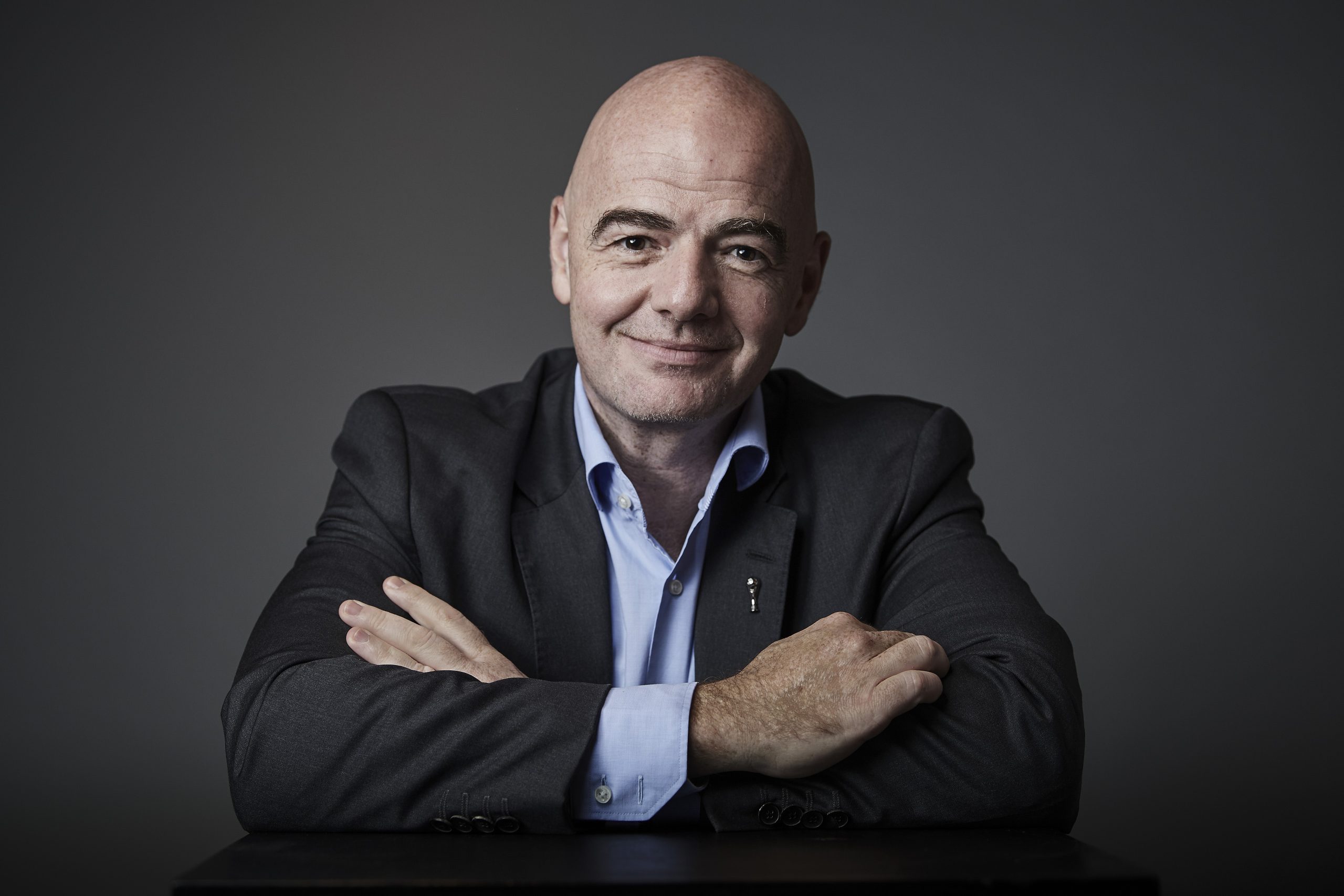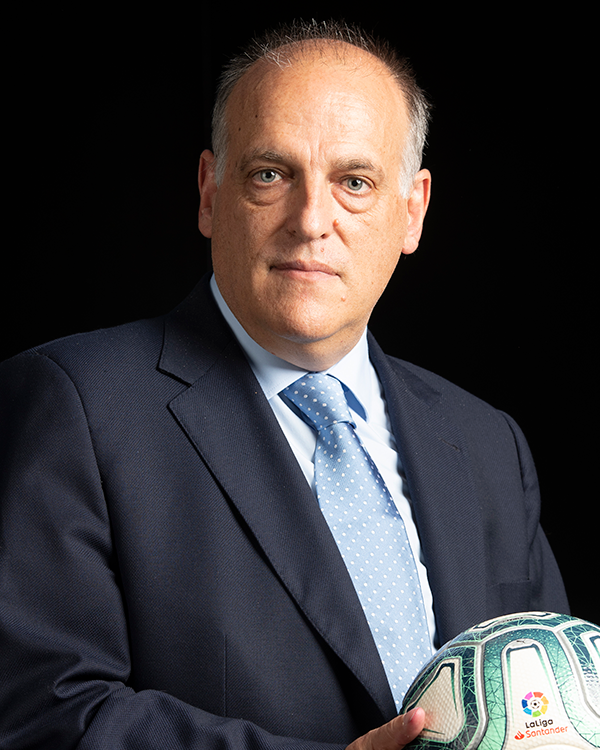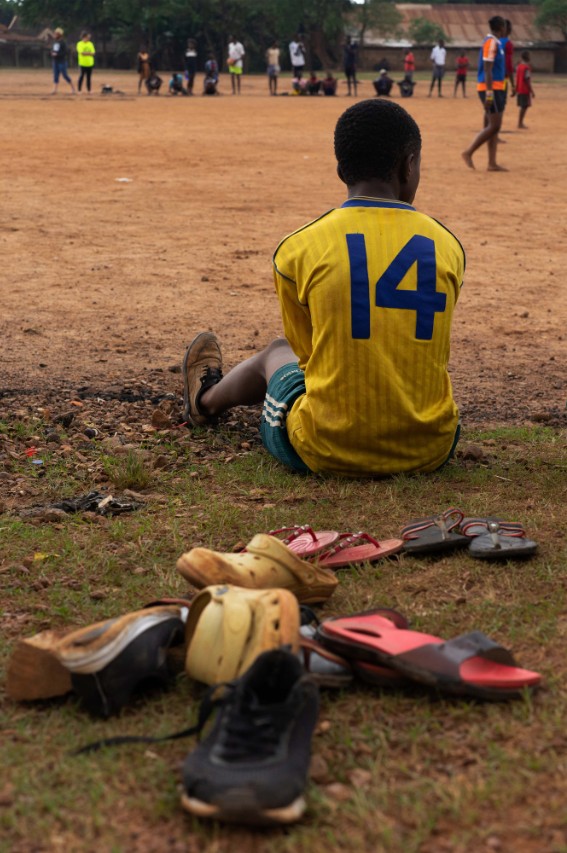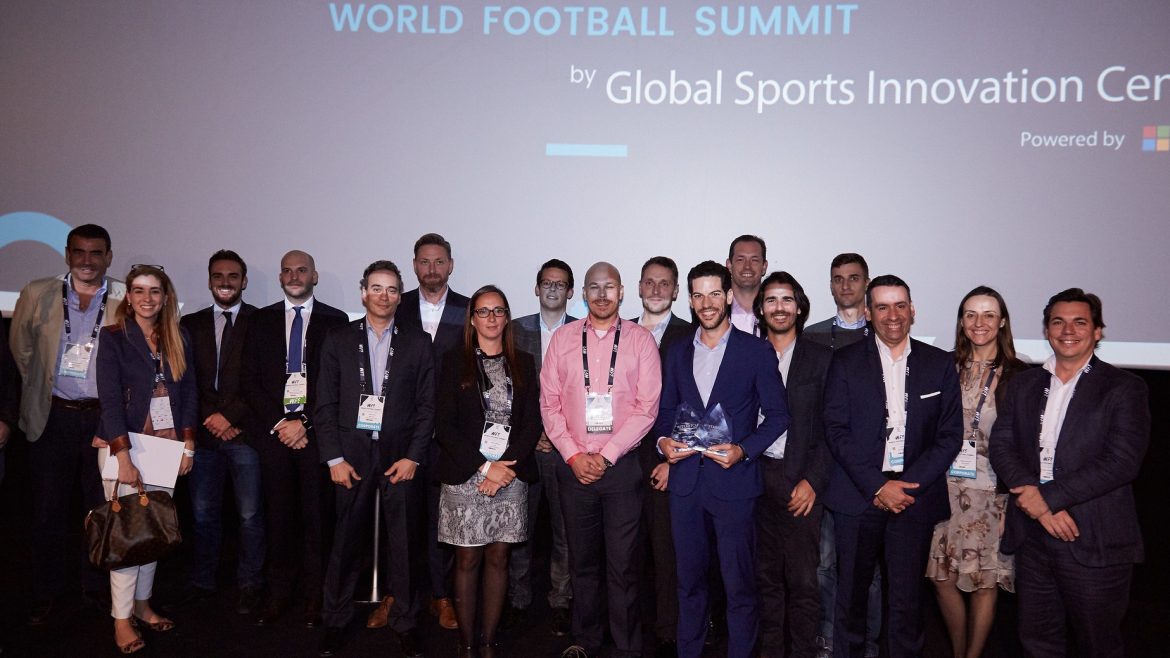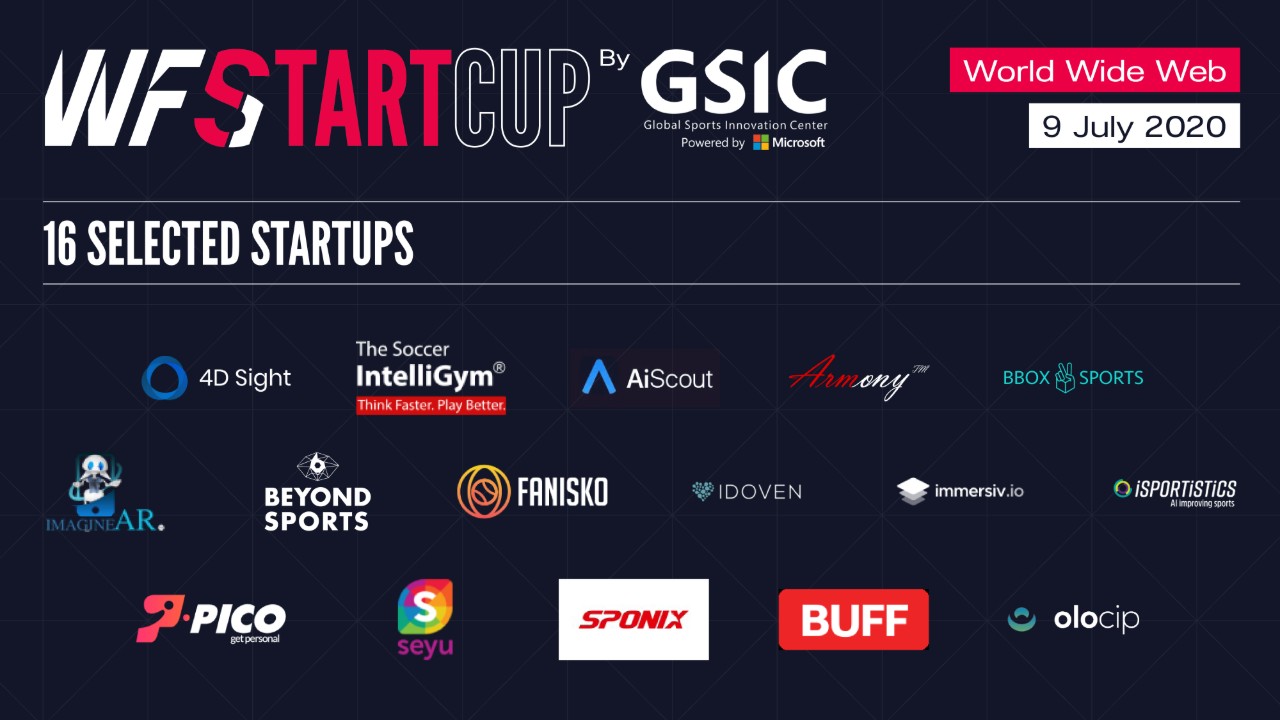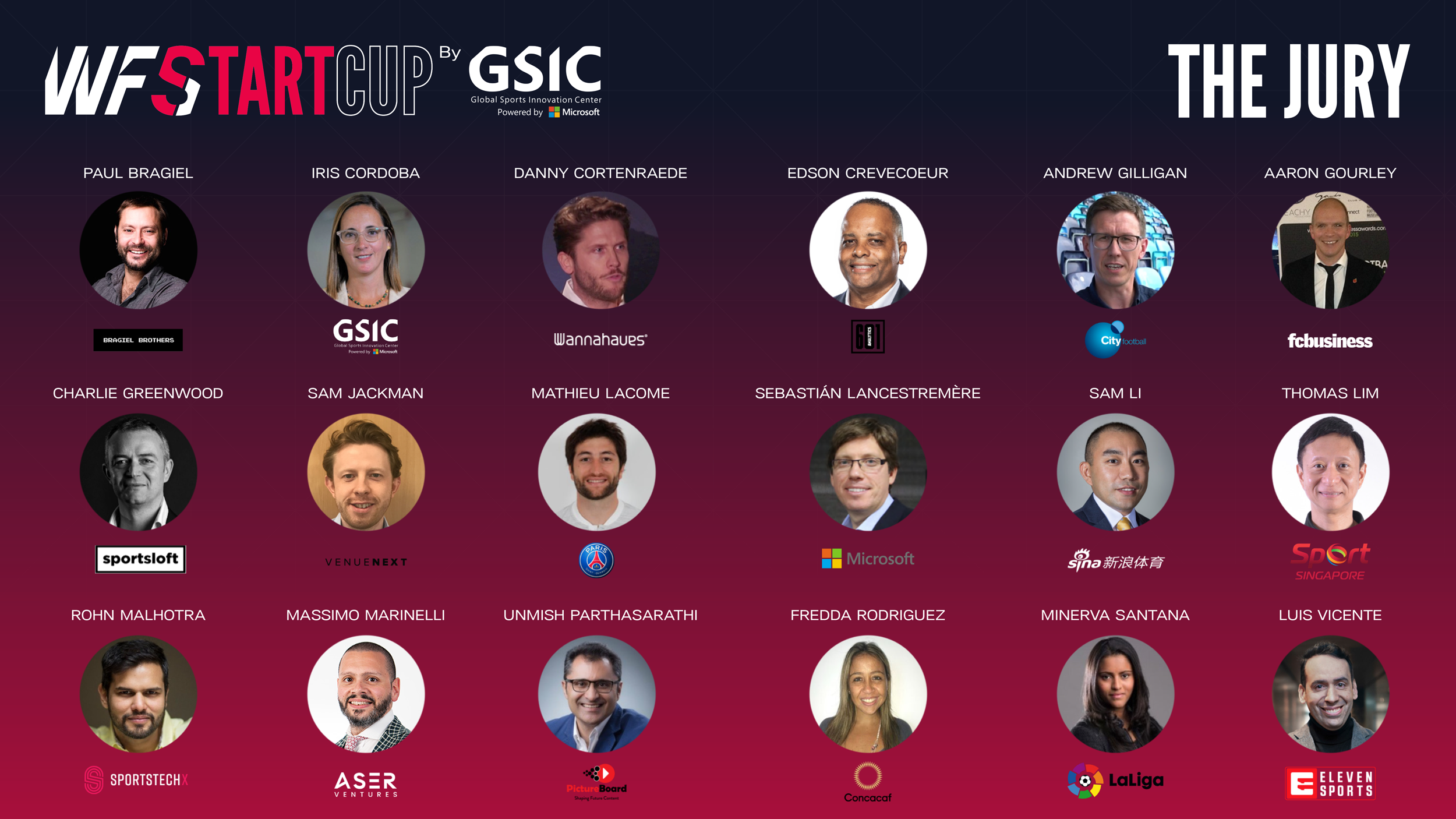The fact that the world has completed changed as a result of the Covid-19 pandemic can open up opportunities for the sports industry in terms of implementing changes that directors and commissioners wouldn’t dare consider in normal circumstances. While there may previously have been a fear of the negative feedback that could have come with shaking up certain areas, industry experts believe that this concern no longer exists given that the whole world has been shaken up anyway.
This was the view of the experts who took part in the ‘Sports Post-Covid: What Can Football Learn From Its Counterparts In Times Of Crisis?’ panel during WFS Live powered by Ronaldo. The guests for this panel were Al Guido, President of San Francisco 49ers and chairman of Elevate Sports Ventures, Alejandro Agag, CEO of Extreme E, Arnon de Mello, senior Vice President and managing director at NBA Latin America, and Joe de Sena, CEO and founder of The Spartan Race.
Michael Broughton, an advisor at Acceleration Equity, was the moderator of the panel and he got the conversation rolling. “Innovation needs a catalyst and the catalyst may have come in the most unexpected way,” Broughton said. “Fans may be a little more amenable to seeing things differ to the way they used to be,” he added, referring to the current situation.
Guido echoed that point with a fitting metaphor. He said: “With the NFL and the NBA, you might consider them as sort of ocean tankers. They’re hard to turn around because there is so much maturity in some of these businesses and their sport. Maybe their fans might have had a negative reaction if you’d tried to change something too much, but even that during this period is evolving. Even what players might be used to or what they might have signed up for. Now, you might see a coach who was saying ‘I’d never mic myself up’, but now they might put a mic on to bring fans closer. Because we all understand that we are in the most challenging time in our world.”
Agag followed on. “You have to take this time of the pandemic as an opportunity and you can do many things that, before, people were not ready to do,” he said, going on to give the example of virtual hospitality that is being implemented in Extreme E, the series of off-road races in remote parts of the world that wasn’t planning to have in-attendance fans in any case. As Agag explained: “It’s all about giving premium experiences to the corporate guests or to the fans at home, but they need to feel they’re different and have special access. Maybe one-on-one communication with the drivers, special cameras, special food, special merchandising or even a driving experience in their city with their favourite brands.”
In the NBA, they’re certainly planning to try out new technology and new methods, as De Mello told the WFS Live audience. He said, referring to the resumption of the 2019/20 NBA season, that: “We’re going to be testing a lot of new features. We’re going to have 30 cameras with different angles that nobody has ever seen.”
While many of the innovations might be virtual, De Sena pointed out that in-person events have to be planned for too. Already some Spartan Race events have been held and De Sena reported back on the success of these, explaining that most people were open to coming along and running those races in a slightly different way to normal, with sanitary protocols in place. As De Sena said: “About 30% of the people are afraid and aren’t going to come to a stadium or an event. But, 70% of the people embraced it and followed the new protocols. I didn’t know if our consumers were going to play along. With the ones that showed up to the event, were they going to break all of the rules? By and large, everybody followed exactly the way they were supposed to.”
This panel took place during the fourth day of WFS Live, which is running from Monday July 6th to Friday July 10th. It is still possible to buy a ticket for the final day here, with all net proceeds to be donated to Fundação Fenômenos and the Common Goal Covid-19 Response Fund.
A selection of quotes from ‘Sports Post-COVID: What Can Football Learn From Its Counterparts In Times Of Crisis?’
Al Guido, on thinking outside the box to discover new revenue streams:
“I would say it’s incumbent upon all of us to find new ways to get revenue to come in the books. Things that we might have thought were off the books and couldn’t do and wouldn’t touch? We need to start thinking about the ability to do that. Whether that’s new sponsorship assets that are inside of television broadcasts. Whether that’s new distribution platforms. Whether that’s escape rooms. Whether that’s membership, as I saw what happened with BarçaTV and their membership platform with their fanbase. We’re all going to have to think through what the future of our revenue streams looks like.”
Alejandro Agag, on Fernando Alonso’s return to Formula 1:
“I think it’s great for Formula 1 to get Fernando Alonso back. I think he’s a great champion and he left probably too early. Probably the timing of some of his decisions or choices of teams were not the ideal ones. So, that probably kept him from winning a couple more championships, which I think he would have. I was texting him on WhatsApp and he replied with a funny phrase which will resonate with the NBA. He said ‘Yes, one last dance’.”
Arnon de Mello, senior vice president and managing director at NBA Latin America, on the opportunities for the NBA that the shaken-up time slots present:
“One of our biggest challenges was broadcasting games live in Europe and even parts of Asia or Africa. Now, we’ll have more time slots. Game will start to be played in the US in early afternoon, so we will be able to be on prime time in Europe or Africa, where we usually only came in very late at night or in the early hours of the morning.”
Joe De Sena, on making sure we don’t overlook the value of face-to-face interaction:
“I can’t tell you how many hundred people came around a corner [at a recent race], saw me and just started crying. That they got a chance to live again. I think all of the virtual things and initiatives we’re talking about are great and a requirement, but I think humans need interaction, even if it’s at six feet away. I saw it first hand. Literally, people were tearing up and crying. They’d been locked in their homes for so long and they just felt alive again.”

